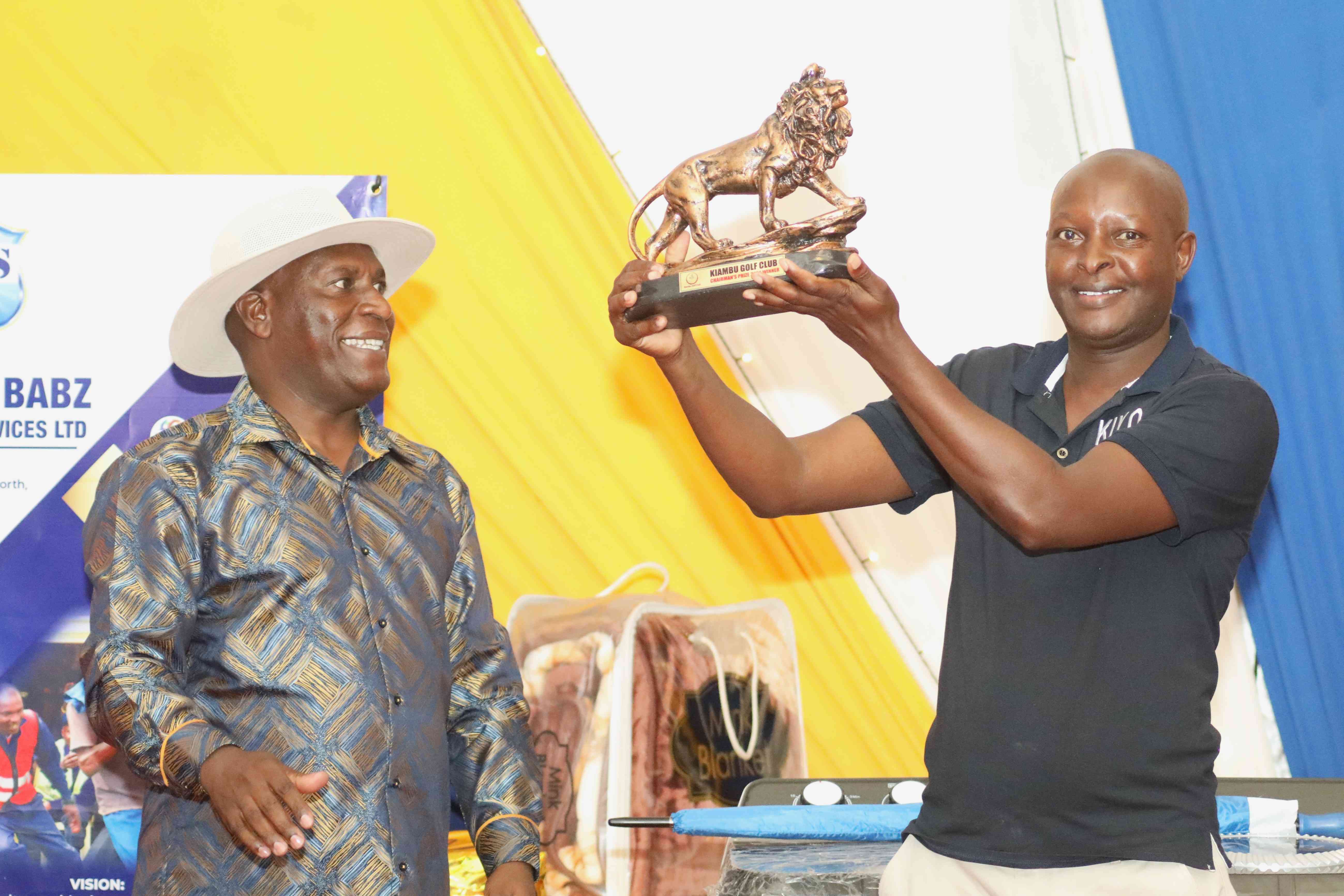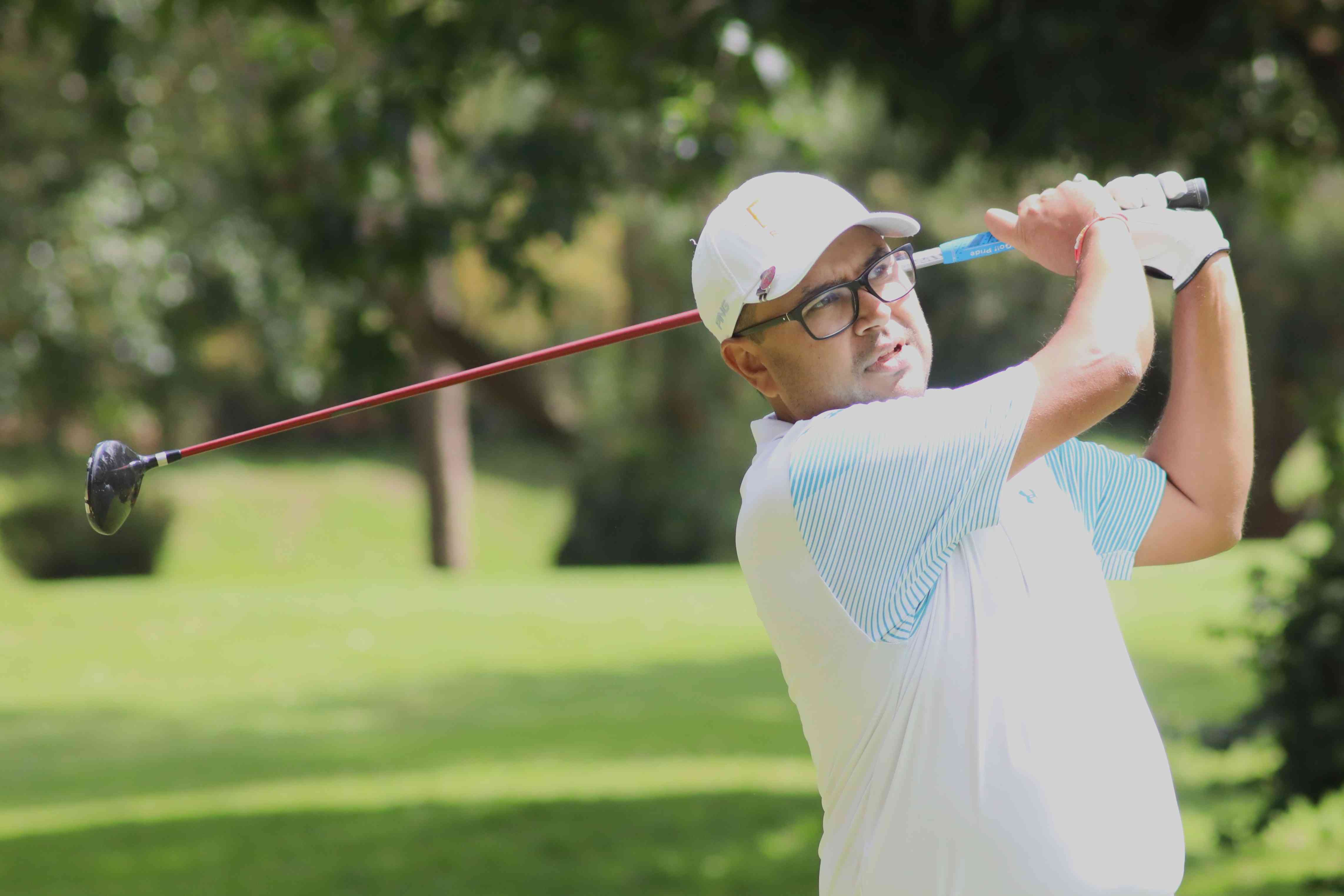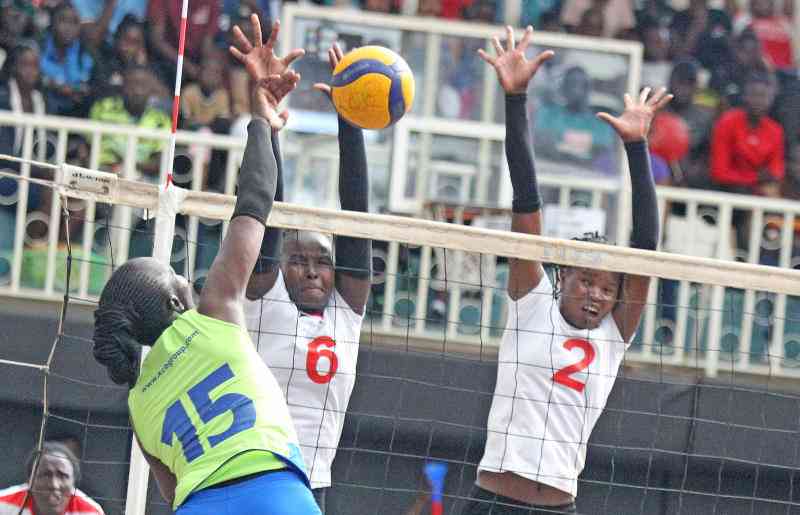God stresses the importance of a strong foundation: the premise on which everything depends on. Matthew 7:26 (New International Version (NIV)) has this to say, “But everyone who hears these words of mine and does not put them into practice is like a foolish man who built his house on sand.”
The message is simple: if you need sustained success, build a strong foundation.
It is from this understanding that I would like to explain the need for Kenya to have a strong foundation if it is to achieve any economic, social and human development. Addressing injustice, whether real or perceived, is the answer. Nations, throughout the world, thrive when subgroupings feel that they are getting what rightly belongs to them.
Without a doubt, everyone knows that Kenya is deeply divided along ethnic lines. However, the bigger problem is that those in power or those with the ability to do something, resort to quick fixes rather than seeking long-term solutions. If a community feels sidelined, how do you expect a sponsored hashtag like #WeAreOne help solve this problem. If I am hungry, I need food. No amount of encouragement and good words would treat the hunger.
It is foolish, imbecilic, and simpleminded to attempt to cure a nation’s problems through hashtags. This is how I feel when I see people, some of whom from marginalized CORD strongholds, sponsor, share, and retweet useless hashtags like #IAmTribeKenya. As a nation, we need to man up, and have a discussion on how we can address past, present, and possibly future injustices.
There has also been a growing trend for the police to arrest politicians alleged to have uttered inflammatory remarks, or as they put it, “remarks that are likely to cause violence and hatred.” Simply put the NCIC and the police lack ideas. You cannot attain sustained peace through arrests and intimidation. As has been witnessed in the past few weeks, thousands of people have turned up to welcome those detained in their backyards. When the state uses the threat of arrests, there rises a growing resentment against the police for perceived unfairness. Raila Odinga captured the mood accurately when he referred to the arrested as “political prisoners.”
Cyrus Jirongo on JKL a few weeks ago asserted, “You cannot legislate speech. The penal code exists when one threatens another person or another group.” I could not put it much better. When Moses Kuria says what he said, he is essentially making known what his constituents feel. He is like a microphone. The same applies to former Nairobi Mayor George Aladwa.
Leaders represent who we are: our values, aspirations and culture. As human beings, we vote for leaders because they say things that we would have said if we had the chance to say them. In the political realm, that is the construct of the “truth.” In the United States, Americans have three key fears: the Chinese and Indians taking their jobs away through offshoring, terrorism perpetuated by people of the Islamic religion, and immigrants filling their country and taking away their jobs. Now, whether these fears are founded on facts or not is not the discussion. For example, a fact that most Americans would not want to hear is that immigration actually increases employment opportunities because most Asian immigrants are creating thousands of jobs through their small businesses. Nevertheless, Donald Trump comes in, takes advantage of those fears, and in the process, endears himself to a majority of the White population.
In Kenya, the situation is similar. Some communities hold the view that their marginalization has been due to the dominance of other communities. Whether this is true or not, I cannot tell. Perhaps we can leave that to researchers. However, the collective tribal views continue to differ. While the Kikuyus want the status quo to remain, Luos cry for the abolishment of the status quo. Other communities, whether permanently or temporarily, have often taken sides with either of the two.
In continuation, an average Kikuyu feels that his socioeconomic status would deteriorate if a Luo took over power. Similarly, a Luo feels that he would have been in a better position, if fellow Luo had been in power. It is a mental fight.
I hope I have made my point. Let us not burry our heads in the sand. It is time we address the injustices in our society. We need boldness, strength and truthfulness.
 The Standard Group Plc is a multi-media organization with investments in media
platforms spanning newspaper print operations, television, radio broadcasting,
digital and online services. The Standard Group is recognized as a leading
multi-media house in Kenya with a key influence in matters of national and
international interest.
The Standard Group Plc is a multi-media organization with investments in media
platforms spanning newspaper print operations, television, radio broadcasting,
digital and online services. The Standard Group is recognized as a leading
multi-media house in Kenya with a key influence in matters of national and
international interest.
 The Standard Group Plc is a multi-media organization with investments in media
platforms spanning newspaper print operations, television, radio broadcasting,
digital and online services. The Standard Group is recognized as a leading
multi-media house in Kenya with a key influence in matters of national and
international interest.
The Standard Group Plc is a multi-media organization with investments in media
platforms spanning newspaper print operations, television, radio broadcasting,
digital and online services. The Standard Group is recognized as a leading
multi-media house in Kenya with a key influence in matters of national and
international interest.






